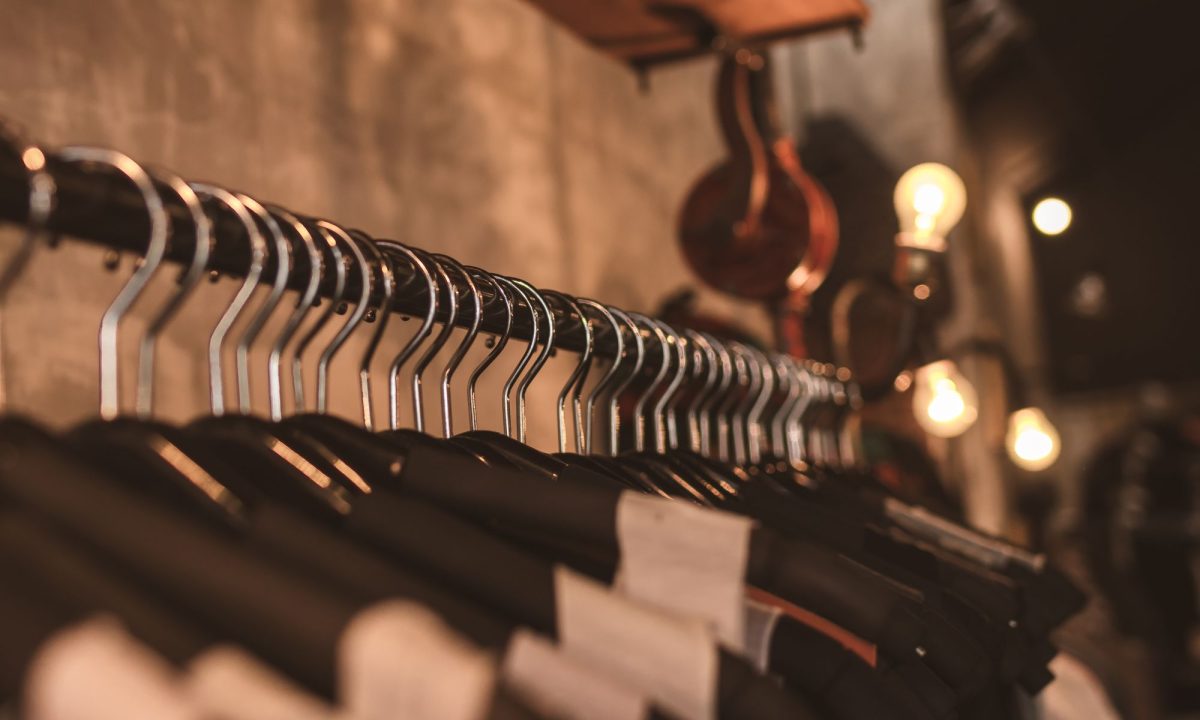What is ‘Ethical Buying’?
I fly the flag for, promote and teach ‘Ethical Selling’. This is the open and honest approach to sales where building trust and loyalty are key to ensuring good, ongoing and profitable business relationships.
To compliment this, I felt I should try and implement ‘Ethical Buying’.
What is ‘Ethical Buying’?
Simply, ensuring that the products and services you buy are sold by a company with a conscience; social, environmental, and people-focused, be they customers or employees. A few are ethical suppliers, but I suspect that most fall down in at least one of these areas.
Some companies do not claim to be ethical in the way they operate, and you should not be surprised when you look into their business model. However, some do and of this group some are right and some are wrong. It is worth digging deeper to see if they practice what they preach.
I dug deeper and found it is not easy to buy ethically.
For example, I wanted to avoid buying plastic clothes such as polyester, viscose and nylon. This is a challenge. Who reads the labels these days, other than to find out the size and how to wash it? I aim for cotton, wool or other natural fibres. I found these difficult to source as at least some part of everything I considered included man-made fibres. When I did find items of fully natural materials, I noticed that they were made in China, Indonesia, Taiwan and other distant places.
In shipping to the UK, these will claim a large carbon footprint.
The situation with cars is even more involved. Parts are sourced world-wide, plastics play a huge part, and some treat their workers very poorly. Many of the larger car providers also have a questionable history, but this is another issue.
‘Natural’ energy is also a problem. Wind turbines require the shipment of huge parts from all over the world and in order to secure them into the ground, vast amounts of concrete are needed. Making concrete produces over 8% of the worlds carbon emissions.
Building insulation often uses man-made fibres. Straw is an excellent alternative, and we have a huge surplus of this material in the UK. Hopefully, this will catch-on.
What can you do?
How can you be an ‘ethical buyer’ in these circumstances? Simply, try your best.
- Try to source locally
- Avoid plastic when possible
- Select natural or at least recyclable materials
- Check customer feedback to see how they treat customers
- If important to you, search more deeply into the supplier’s history
Manufacturing in the UK is at a very low level and so sourcing locally is often impossible. All I can suggest is keep trying! Things are constantly changing, and when a young business does set-up offering what you’re looking for try to support them.
In the meantime, Salient will continue to promote ‘Ethical Selling’ as the right and best way to approach selling. As well as purchasing ethically whenever we’re able.

